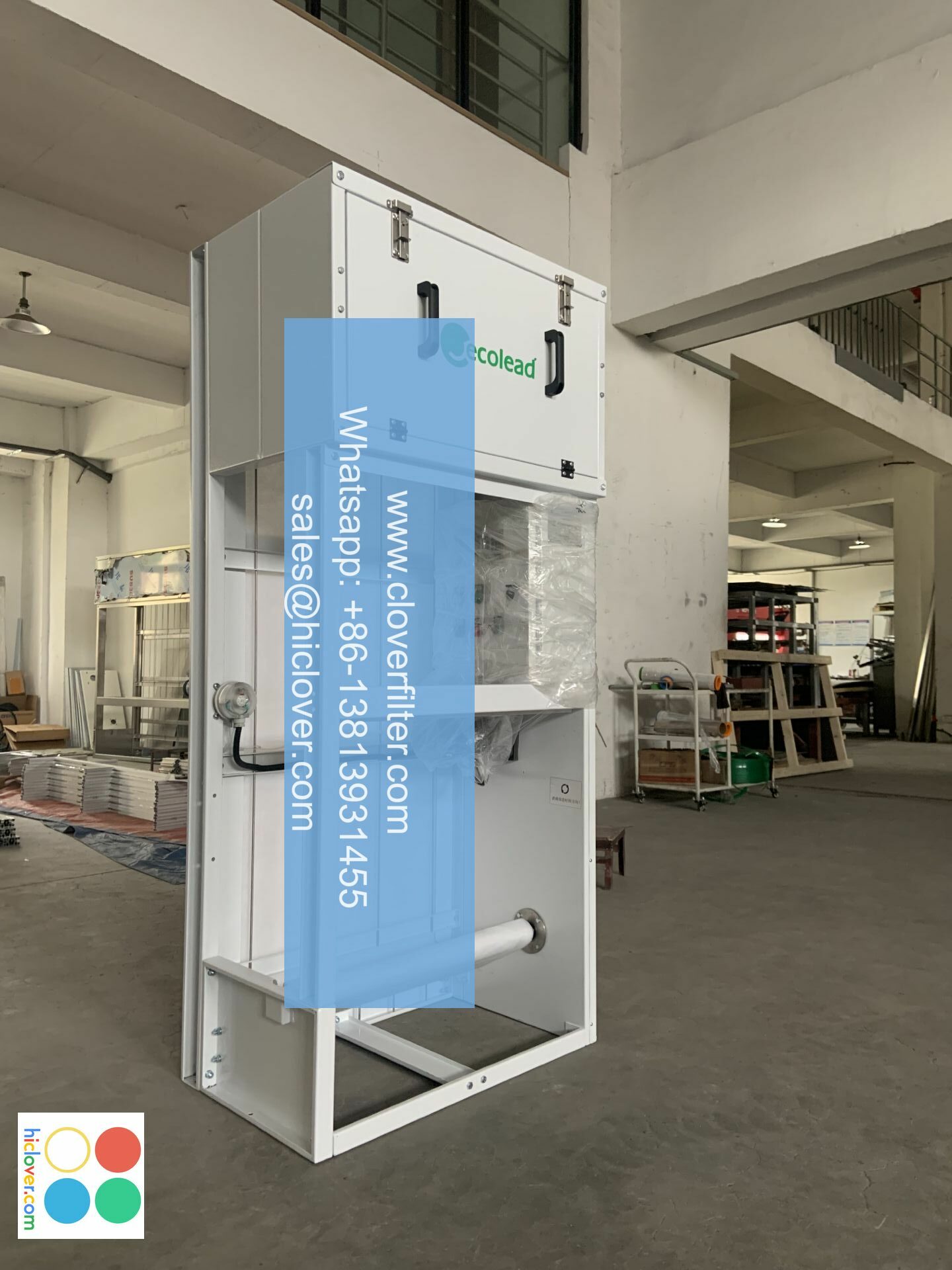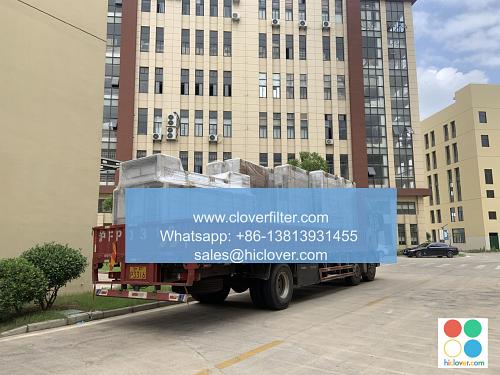The Role of Air Filter Technology in Reducing Environmental Pollution

Air filter technology plays a crucial role in reducing environmental pollution by improving indoor and outdoor air quality. The use of advanced air purification systems and high-efficiency particulate air (HEPA) filters can significantly reduce the levels of pollutants and particulate matter in the air, thereby minimizing the negative impact on human health and the environment.
Application Areas of Air Filter Technology
Air filter technology has a wide range of applications in various industries, including:
Industrial air pollution control, commercial HVAC systems, residential air purification, and automotive emission control. The use of nanofiber filters and membrane filtration systems can help reduce emissions and improve air quality in these areas.
Industrial Air Pollution Control
In industrial settings, air filter technology can help reduce the levels of particulate matter (PM), volatile organic compounds (VOCs), and nitrogen oxides (NOx) emissions. The use of baghouse filters and electrostatic precipitators can help capture pollutants and particulate matter, thereby reducing the environmental impact of industrial activities.
Commercial HVAC Systems
In commercial buildings, air filter technology can help improve indoor air quality by reducing the levels of pollen, dust, and bacteria in the air. The use of HEPA filters and activated carbon filters can help remove pollutants and odors, creating a healthier and more comfortable indoor environment.
Residential Air Purification
In residential settings, air filter technology can help improve indoor air quality by reducing the levels of allergens, pollutants, and odors in the air. The use of portable air purifiers and whole-house air filtration systems can help create a healthier and more comfortable indoor environment.
Automotive Emission Control
In the automotive industry, air filter technology can help reduce emissions and improve air quality by using car air filters and catalytic converters. The use of advanced filtration systems can help capture pollutants and particulate matter, thereby reducing the environmental impact of vehicles.
Benefits of Air Filter Technology
The benefits of air filter technology include:
improved indoor and outdoor air quality, reduced environmental pollution, increased energy efficiency, and cost savings. The use of advanced air filter technology can also help reduce healthcare costs and improve quality of life.
Future Developments in Air Filter Technology
Future developments in air filter technology are expected to focus on nanotechnology, biotechnology, and advanced materials. The use of self-cleaning filters and smart filtration systems can help improve the efficiency and effectiveness of air filter technology, thereby reducing environmental pollution and improving air quality.
In conclusion, air filter technology plays a vital role in reducing environmental pollution and improving air quality. The use of advanced air purification systems and high-efficiency particulate air (HEPA) filters can significantly reduce the levels of pollutants and particulate matter in the air, thereby minimizing the negative impact on human health and the environment. As technology continues to evolve, we can expect to see even more innovative and effective solutions for reducing environmental pollution and improving air quality. Prompt

